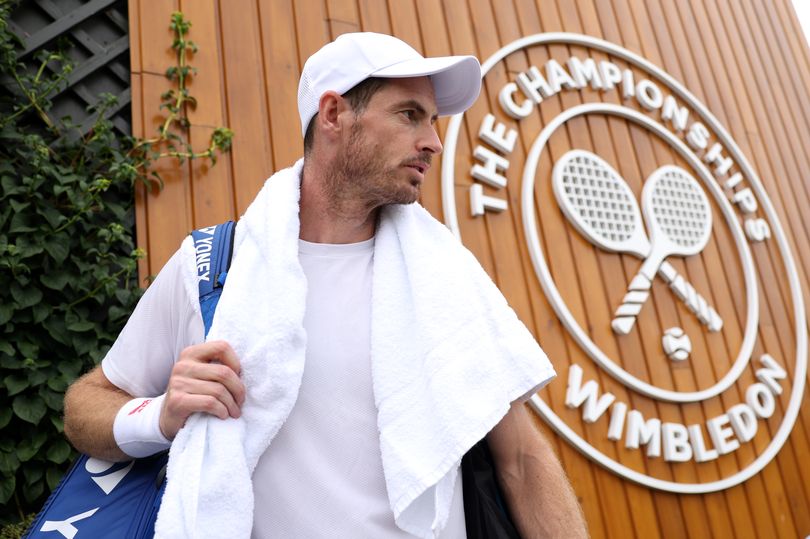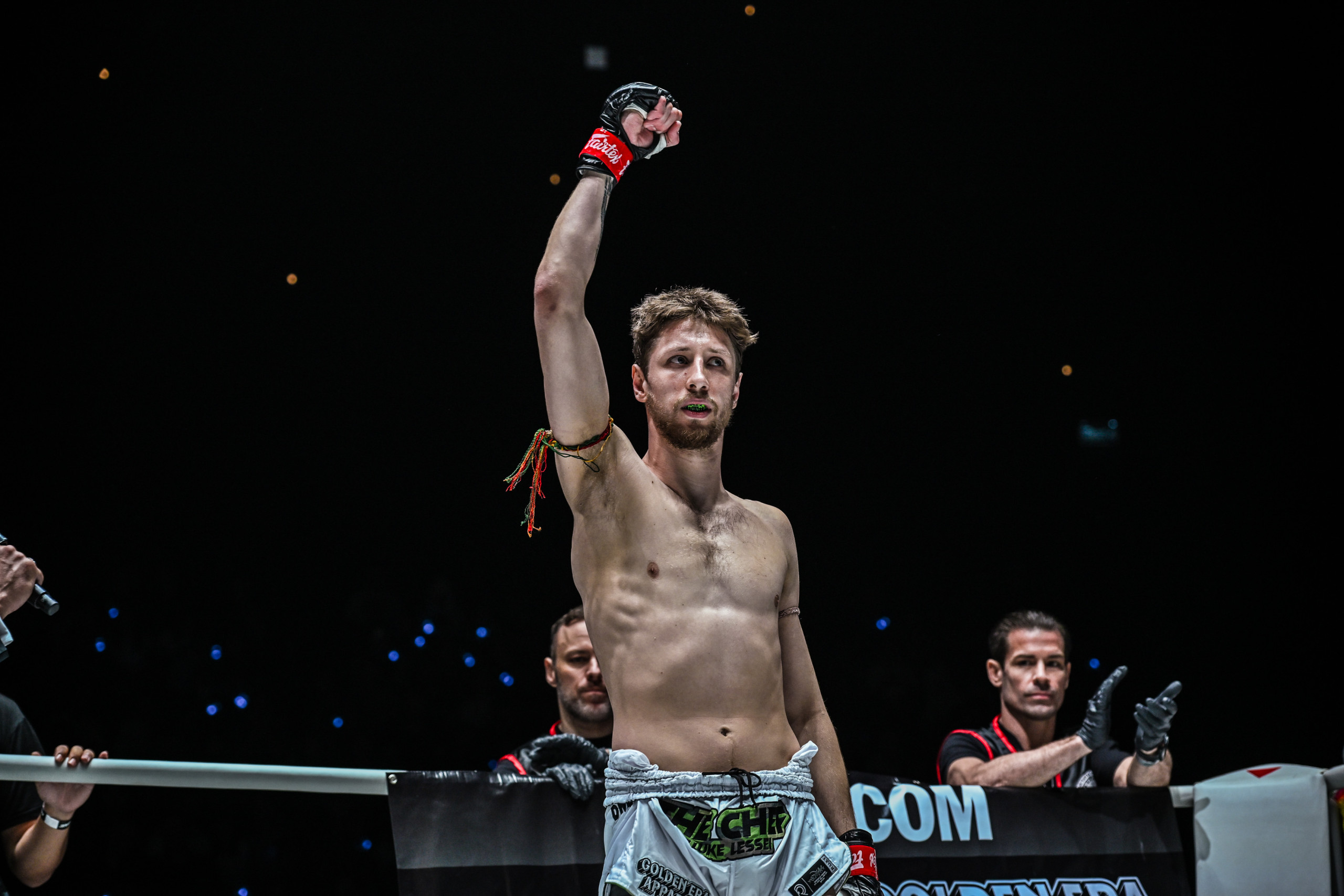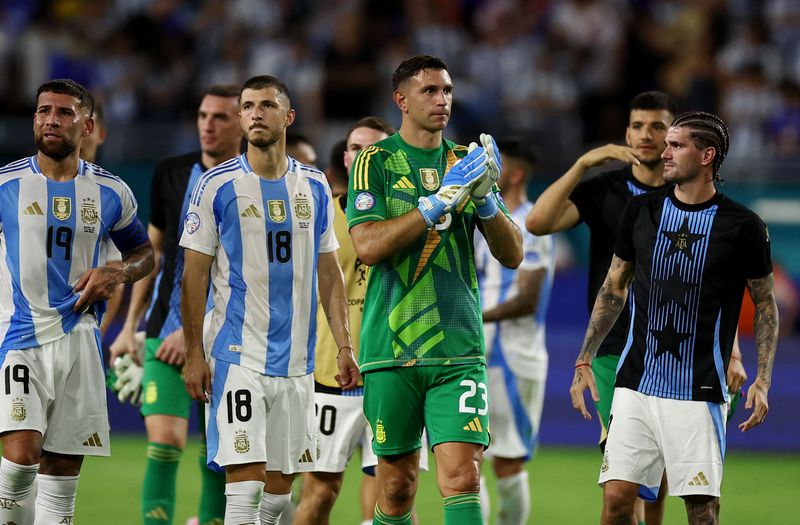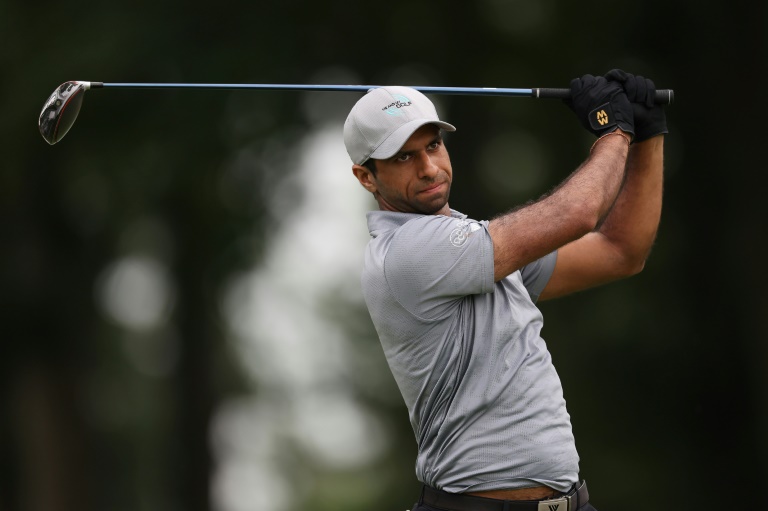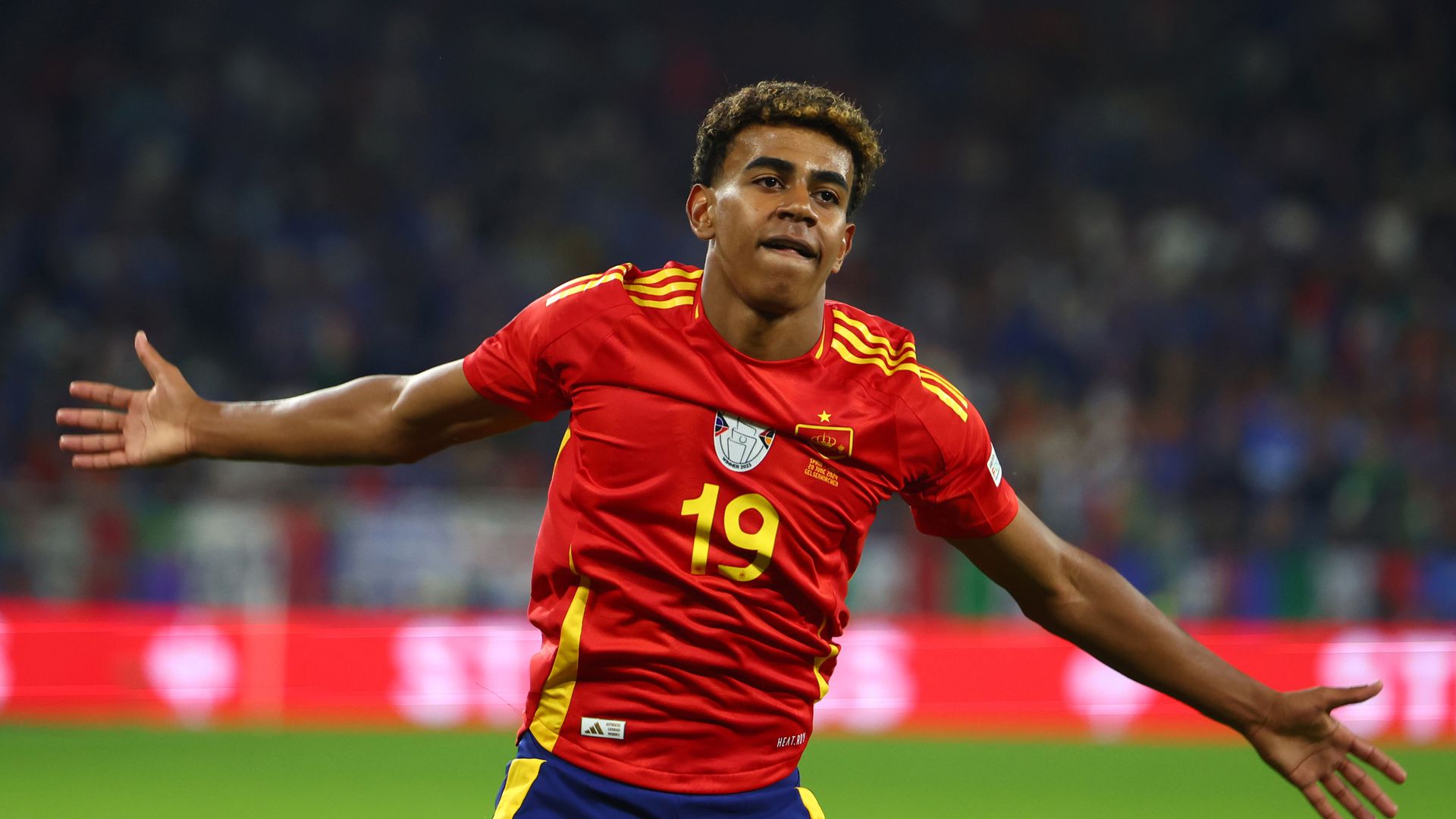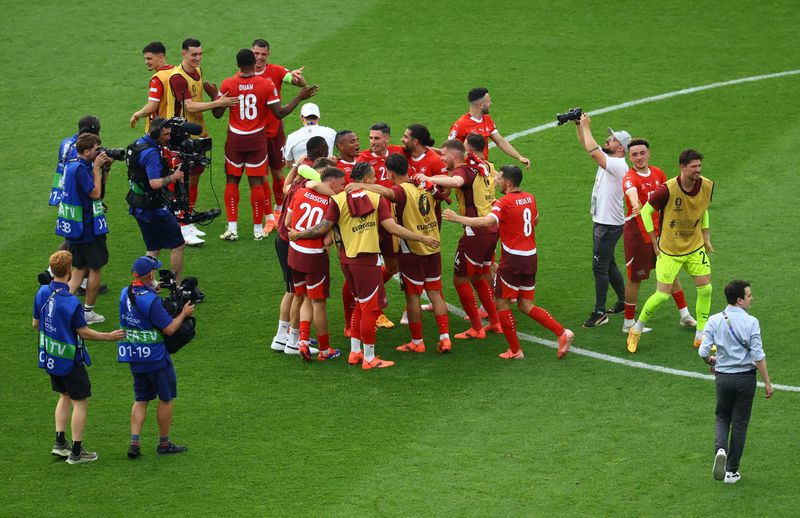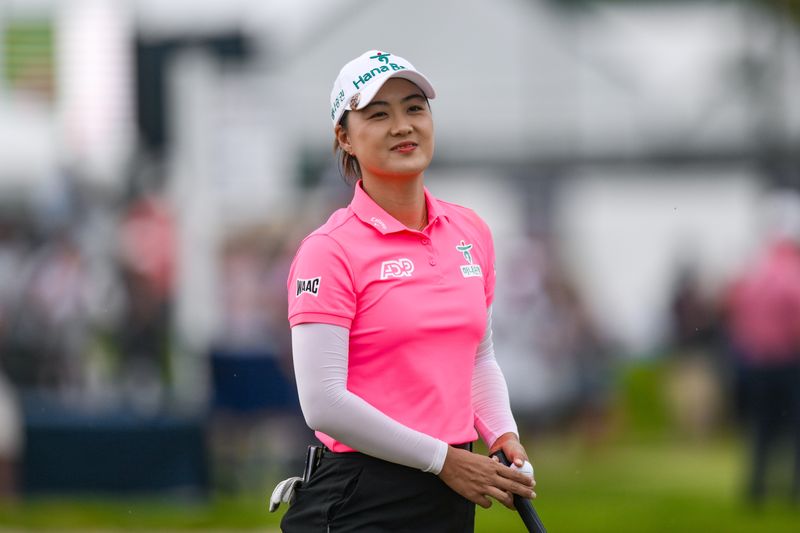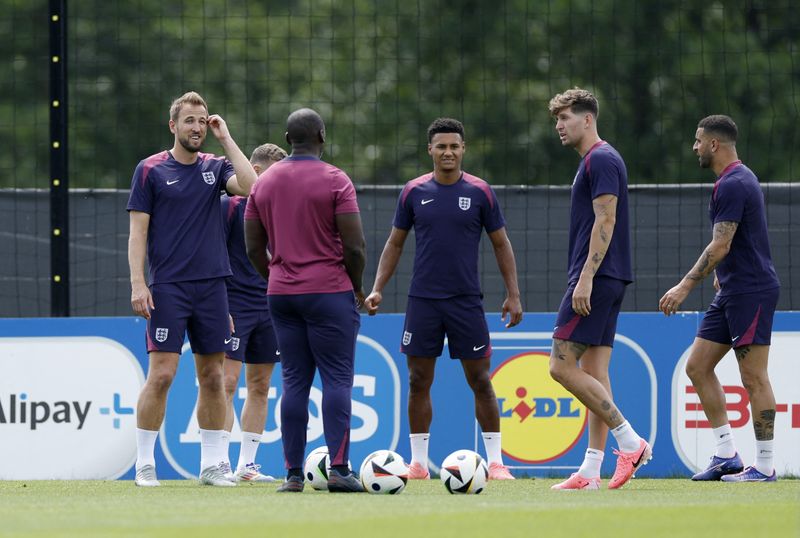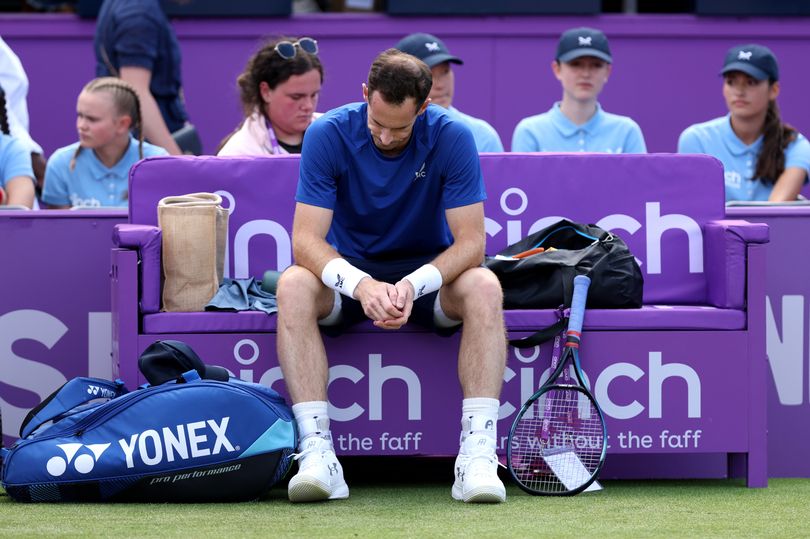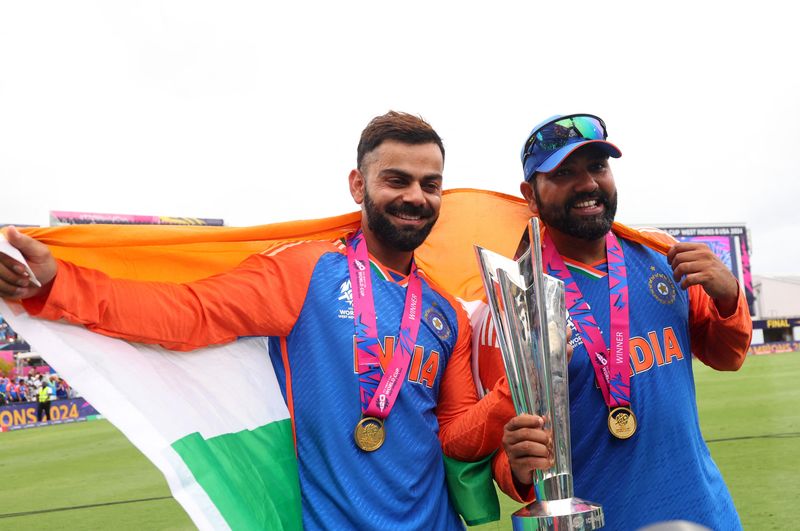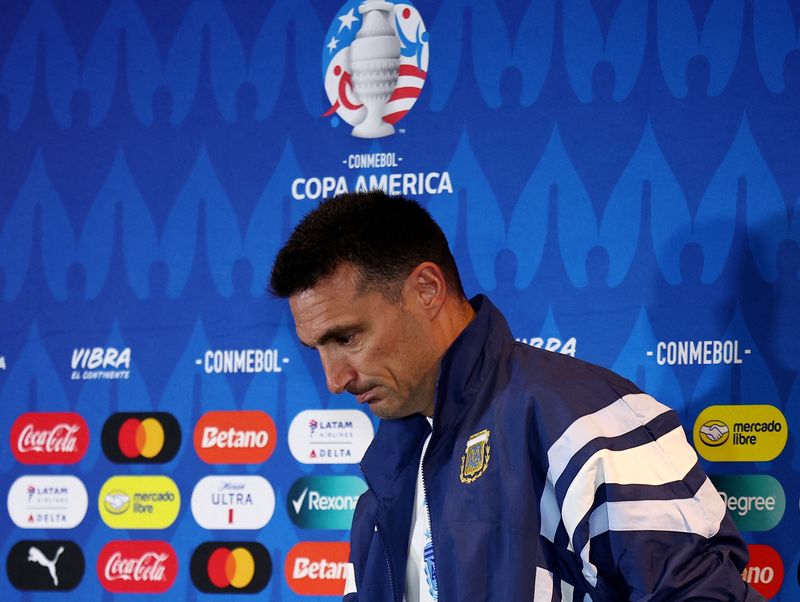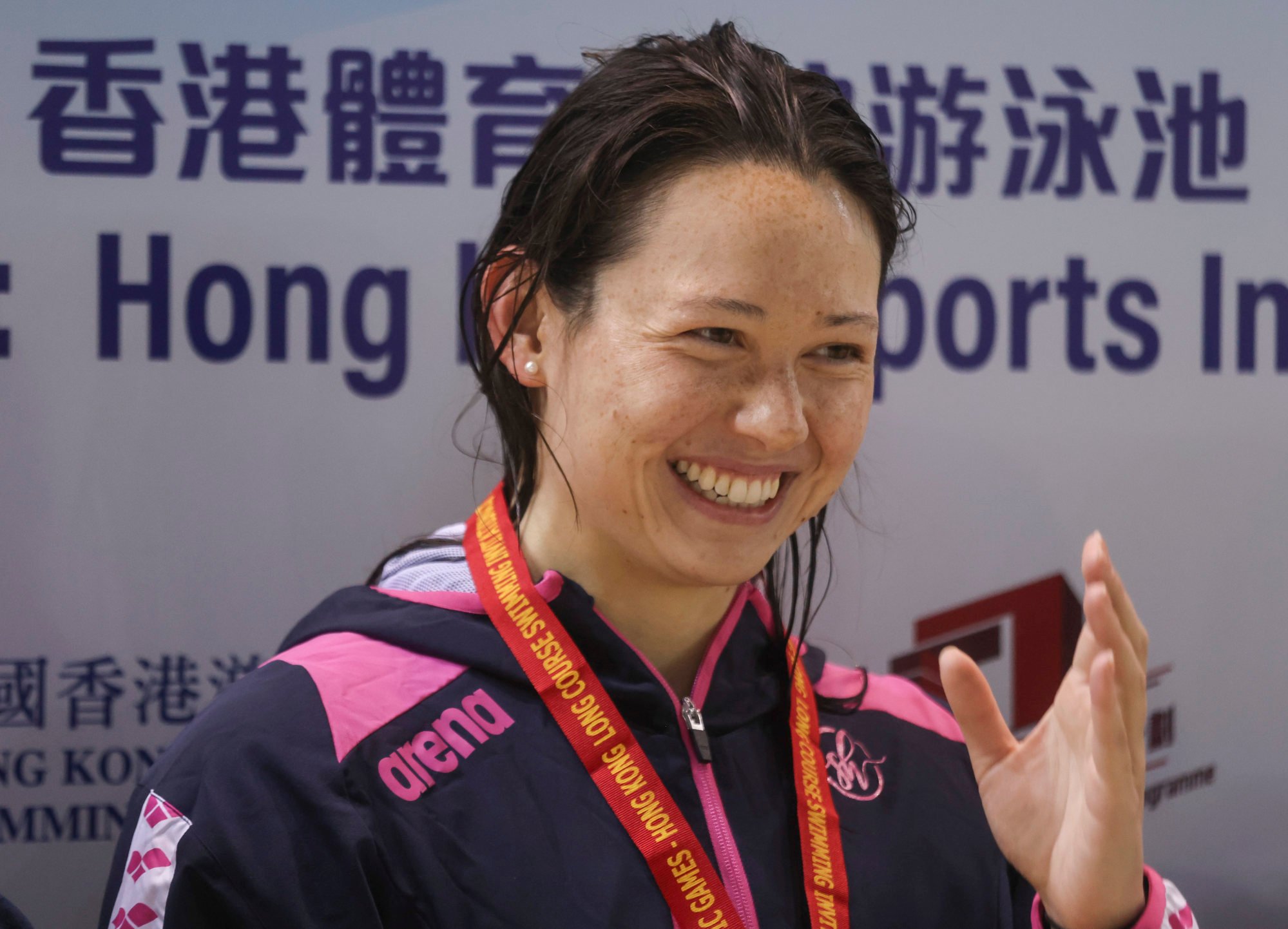
PARIS OLYMPICS: MEET THE MASTERMIND BEHIND SIOBHAN HAUGHEY’S BID FOR GLORY
- 'Those who want to swim with us are generally smarter people,' says the man planning Hongkonger's path to podium
The mastermind behind Siobhan Haughey's Paris Olympics glory bid began coaching to chase the adrenaline rushes that accompany sporting success.
Tom Rushton followed in the footsteps of his late dad, Clive, a top-level coach and 100 metres backstroke swimmer at the 1972 Munich Olympics. Rushton's mum, Moira Brown, swam the 200m butterfly at the same Games.
His professional route was far from predetermined, however. An accomplished swimmer at Kenyon College, in the United States, Rushton graduated in art history and began working in that field.
Do you have questions about the biggest topics and trends from around the world? Get the answers with SCMP Knowledge, our new platform of curated content with explainers, FAQs, analyses and infographics brought to you by our award-winning team.
"I didn't find it exciting, there was no winning, nor the competitiveness I enjoyed about sport," Rushton said. "I was coaching a masters team, and decided to get more into it. I went back to school to study sports science ... and here I am."
Rushton said his seven-strong training group - headlined by Haughey and also including Israel's world 400m medley silver medallist Anastasia Gorbenko - were bonded by smart intellects.
Formerly head of Swimming Canada's national training centre, Rushton, whose swimmers won multiple medals at the Tokyo Olympics three years ago, said an ability to "connect with athletes" underpinned his success.
In 2017, Rushton was appointed coach of Energy Standard, the team where he originally coached Haughey. They won the International Swimming League in 2019 and 2021.
"I feel I can connect with athletes pretty well, I can read personalities," Rushton said. "I learned the training part from my dad. That is pretty easy.
"I think being empathetic with athletes comes naturally to me, and I work on it, too. Sometimes it takes a few months to figure out what makes them tick. That is more challenging [than a training plan].
"Psychology is the make-or-break piece."
Rushton primarily works with 200m racers. He began coaching Haughey full-time in 2021, after the Hongkonger's double silver medal exploits in Tokyo.
"There is a certain type of athlete who works well in our squad," Rushton said. "Some individuals can be great athletes, and wonderful people, but not a good fit.
"The trend I've seen is that those who want to swim with us are generally smarter people, for whatever reason. A lot of them have advanced degrees.
"They also need to be able to communicate in English. For some of our squad, it is their third language, and they speak it better than me.
"There are a lot of great swimmers you wouldn't describe as book-smart. But smart people work best in our group. We're together a lot. If somebody doesn't fit well, it won't work for them."
Rushton partly attributes his cerebral cohort to an average age of around 26, older in swimming terms and perhaps more rounded.
"If they aren't doing other things, they can get pretty bored," Rushton said. "My brother was an open-water swimmer, and went to a world championships. He stopped early, because he didn't have anything else going on, and was bored.
"At a training camp in Arizona in March, Camille [Cheng Lily-mei, from Hong Kong] was concerned she would spend too much time thinking about swimming, and not enough about other things. I think that's healthy.
"Approaching the Olympics, the shift is towards swimming. After the Olympics, you don't need to worry about swimming."
Kregor Zirk was cited by Rushton as the poster boy for a broad outlook. The Estonian butterfly specialist's form skyrocketed after he became a father last year, and his son Lukas is with the squad at their current base in Slovakia.
Rushton lives in the Czech Republic, so is counting the two-week camp, where he has been joined by his new wife and their dog, as "home time".
Recently, Rushton had athletes split between Belgrade, where the European Championships were staged, and the Sette Colli meeting in Rome.
"I am very thankful all the federations I work with have allowed me to be creative, and do what I need to get their athletes to swim fast," Rushton said.
"I leave a lot of voice messages [for athletes], because they provide more emotional characteristics than text.
"I was clear with everybody a few months ago that I can only be in one place at a time. It will be a challenge until the Olympics. But I have been doing this a long time, so I think I have the balance right."
More Articles from SCMP
Lucky Sweynesse’s racing career hangs in the balance: ‘It’s still too early to say’
Shenzhen-Zhongshan link to open at 3pm on Sunday, cutting Hong Kong travel time
Taiwan private club serving ‘body sushi’ where woman uses naked body as dish investigated by police
94% of Hong Kong public schools partner mainland China institutions: Education Bureau
This article originally appeared on the South China Morning Post (www.scmp.com), the leading news media reporting on China and Asia.
Copyright (c) 2024. South China Morning Post Publishers Ltd. All rights reserved.
2024-06-27T01:15:53Z dg43tfdfdgfd
